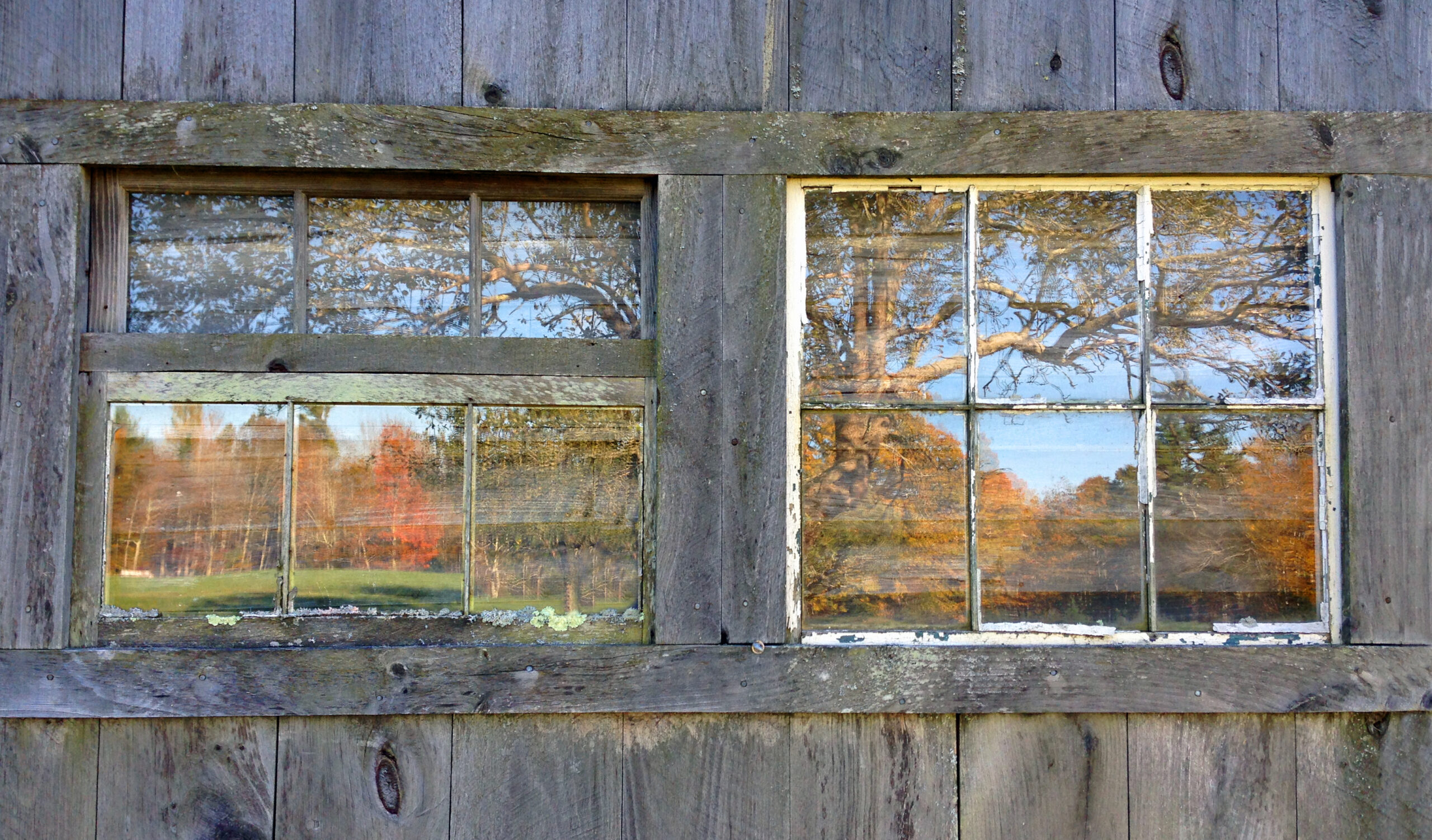
The resulting sense of shame could have been isolated and protected outward to a few people (such as “witches”) who held all the filth (sinful) and unwantedness (demonic possession). Exacerbating this psychodynamic isolation and projection would have been the accompanying fear of natural forces that led to many of the “witches” being assigned the ability to transform into wild beasts and to concoct magical herbal potions. The fear of nature (and desire to “conquer” nature) would have fit nicely with the identification and eradication of evil and powerful people (mostly women) in the midst of an orderly and protective Puritan society.
A “perfect storm” would have existed within this newly arrived and isolated immigrant population: repressive ethics, a trauma-based social unconscious and a wilderness to tame. Perhaps a similar storm hit the American shore during the COVD-a9 era, with a powerful and evil force arriving from some “other” society (China) (though actually many of the early sources of infection came from Europe). There was “filth” in the virus and an initial desire to deny its existence as a powerful enemy that was indifferent to human welfare. The virus became America’s new “witch” and was the source of many unconscious processes that made rational decision-making and action difficult at both the personal and collective level.
Hope
In the midst of our realistic and quite pessimistic appraisal of the major lessons to be learned from the way COVID-19 was addressed throughout the world, and particularly in the Unites States, it is important that I (like Varda Silberberg) offer a few perspectives of hope regarding what we can derive from the era of COVID-19. I suggest that there are three major areas of hope. They relate to individual differences in the way people (and particularly Americans) have responded to the virus, and to the way in which locus of control can lead away from helplessness and hopelessness to a send of empowerment and personal agency. Third, I suggest that COVID-19 has taught us some the important lessons about not only how to respond more effectively to future pandemics, but also how better to prioritize our own decisions and actions in life. I turn first to individual differences.
We Are Not All the Same
Dr. Silberberg (2020, p. 20) brings up the issue of individual differences as related to the effect of COVID-19 on both the therapist and client. I would suggest that her analysis can be extended even further—beyond the therapy office. We will find significant differences in the ways people in all societies react to and address the challenges of a pandemic. These differences are likely to be even greater in a society of disengagement, when there are few enveloping demands regarding how one should think and feel about that which is impacting their life. It should come as no surprise to anyone living in a society of disengagement that there are some major differences in the way each member of the society has responded to the current virus.
Those members who are Introverts seemed to have done much better with the personal isolation of the current virus than did those who are more extraverted and are energized by direct interaction with other people. At the level of family, some members of any society live in families that are heavily enmeshed in a way that provides us with ample support (both tangible assistance and emotional support). Even in a disengaged society, there are many families that have created an enmeshed subculture of their own. Other members live in a family that are more disengaged and, as a result, leave us in a place to pretty much “go it on our own.” There are also those who don’t mind governmental interventions and those who do mind. While I can identify many other individual differences, these three examples point to important levels of differentiation.








